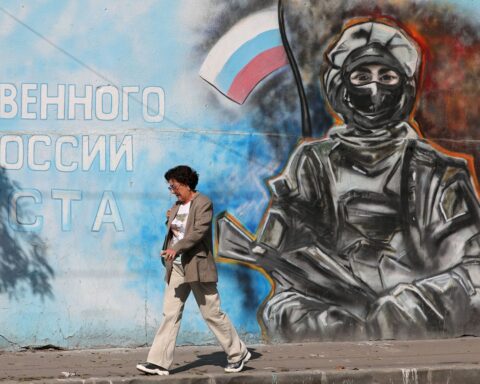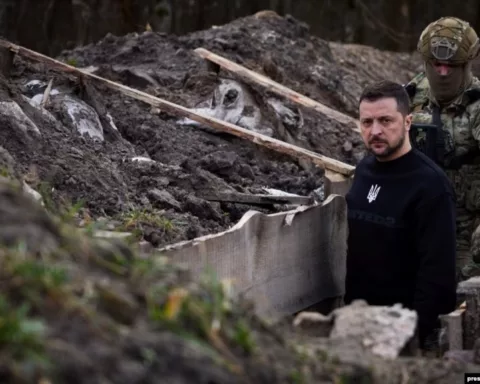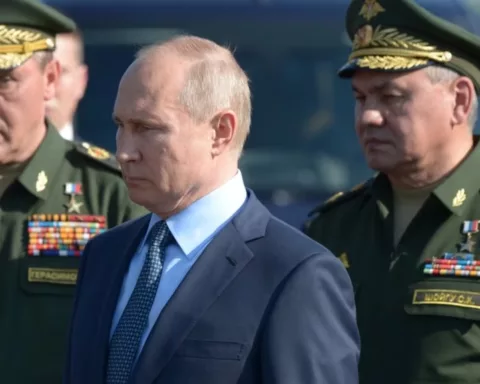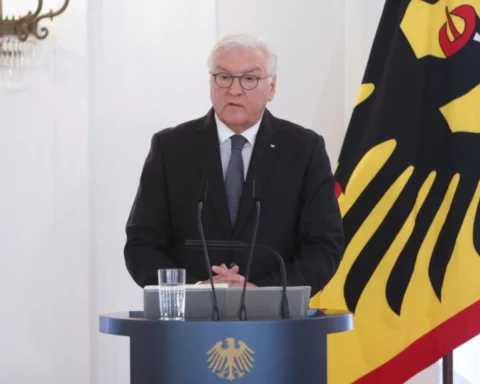The finance ministers of the G7 leading industrial nations agreed Friday to move forward with an unprecedented plan to cap the price of oil that Russia sells on global markets in order to limit the funds that Moscow uses to pay for the war in Ukraine.
The price cap proposal comes as the European Union prepares to implement a complete embargo on Russian oil in December. The EU plan would also ban companies in the bloc from insuring or financing Russian oil shipments.
U.S. officials have expressed concern that a complete ban on Russian oil sales to the EU, along with the further disruption caused by the insurance and financing restrictions, could tip the global economy into recession.
The price cap, being pushed by U.S. Treasury Secretary Janet Yellen, would create an exception to the ban for oil that is sold at or below the cap.
Energy market experts pointed out that the statement released by the G7 finance ministers Friday was short on details, however, and that the plan would be extremely difficult to enact. Many large oil consumers, including China and India, are unlikely to participate, and even in countries that promise to honor the cap, compliance would be extremely difficult to monitor.
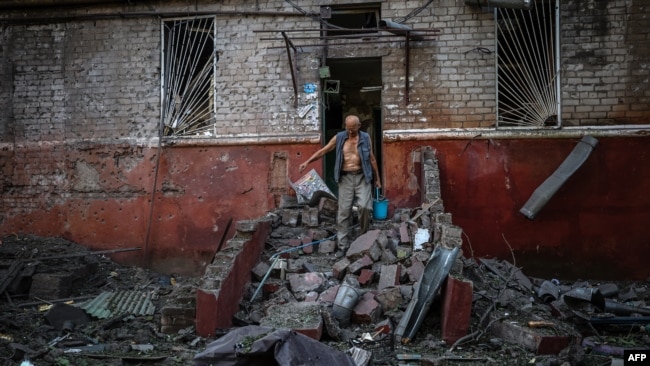
Triggered by Ukraine war
The finance ministers made it clear Friday that Russian President Vladimir Putin’s decision to invade Ukraine is the reason they are seeking to choke off Moscow’s supply of oil revenues.
“Russia’s war of aggression is causing global economic disruptions and is threatening the security of the global supply of energy and food,” they said in a statement. “The economic costs of the war and consequent price increases are felt disproportionately by vulnerable groups across all economies and particularly by those countries already facing food insecurities and fiscal challenges.”
They added, “The price cap is specifically designed to reduce Russian revenues and Russia’s ability to fund its war of aggression whilst limiting the impact of Russia’s war on global energy prices, particularly for low- and middle-income countries, by only permitting service providers to continue to do business related to Russian seaborne oil and petroleum products sold at or below the price cap.”
‘Critical step forward’
In a statement released Friday morning, Yellen praised the G-7 for taking a “critical step forward in achieving our dual goals of putting downward pressure on global energy prices while denying Putin revenue to fund his brutal war in Ukraine.”
“Today’s action will help deliver a major blow for Russian finances and will both hinder Russia’s ability to fight its unprovoked war in Ukraine and hasten the deterioration of the Russian economy,” she said. “We have already begun to see the impact of the price cap through Russia’s hurried attempts to negotiate bilateral oil trades at massive discounts.”
Yellen said that she looked forward to working with allies to finalize the proposal in the coming weeks, a tacit admission that the arrangement will require far more than just the assent of the G-7.
To be successful, the 27 EU members would have to unanimously approve the price cap plan. With some members, particularly Hungary, chafing at the restrictions already placed on dealing with Russia, that agreement may be difficult to attain.
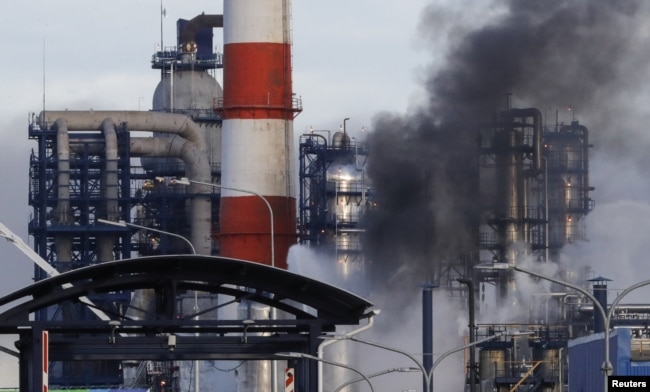
Experts dubious
Energy market experts said that there are a number of other practical obstacles to a price cap.
In an email exchange with VOA, Edward C. Chow, a nonresident senior associate with the Center for Strategic and International Studies’ energy security and climate change program, said that many of the key details of the plan were absent and would be difficult to come to agreement on in the time frame being considered.
“There are no specific action steps in the statement,” said Chow, who has worked for 45 years in the international oil and gas business, including 20 years with oil giant Chevron. “It is even missing what price level the cap will be set at or what mechanism will be used for setting the appropriate cap. Indeed, the statement mentioned further consultations with other countries, which have shown little interest [in participating]. This will only slow down the process of formulating a real policy.”
“The problem is that the Western governments have conflicting objectives,” Chow wrote. “They want to greatly reduce Russia’s oil income but without greatly reducing global supply, given the resulting impact on price and their own economies. Oil sanctions were never the silver bullet if the objective is to stop Russia’s all-out assault on Ukraine as soon as possible.”
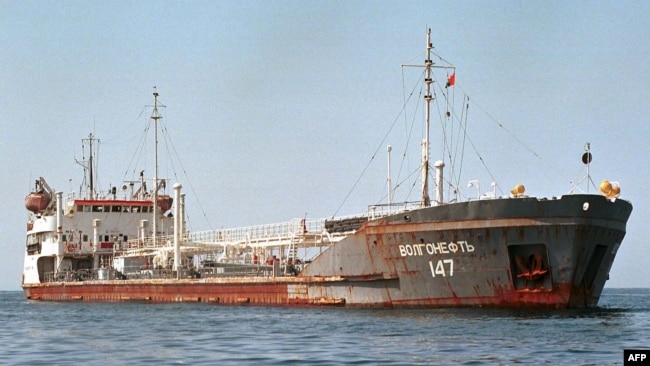
Monitoring difficulty
“I am skeptical that they can make this work effectively,” James W. Coleman, a professor at Southern Methodist University Dedman School of Law in Dallas, told VOA. “It would take a very high level of monitoring that I don’t think we have any reason to be confident would be successful.”
For example, it would be difficult to track the origin of all the oil purchased by individual countries, especially given the increasingly common ship-to-ship oil transfers in international waters.
Coleman pointed out that Venezuela, which is subject to heavy U.S. sanctions, was found in 2020 to be selling its oil to China by diverting it through Malaysia.
“China is now importing more oil from Malaysia than Malaysia produces,” he said.
He said it would also be difficult to ensure countries weren’t compensating Russia for discounted oil by other means, such as price reductions on goods that Russia imports.
“Obviously, nations have all sorts of interactions, and it’s not that hard to pay Russia back in those other interactions that are kind of ‘off the books,’ ” Coleman said.



